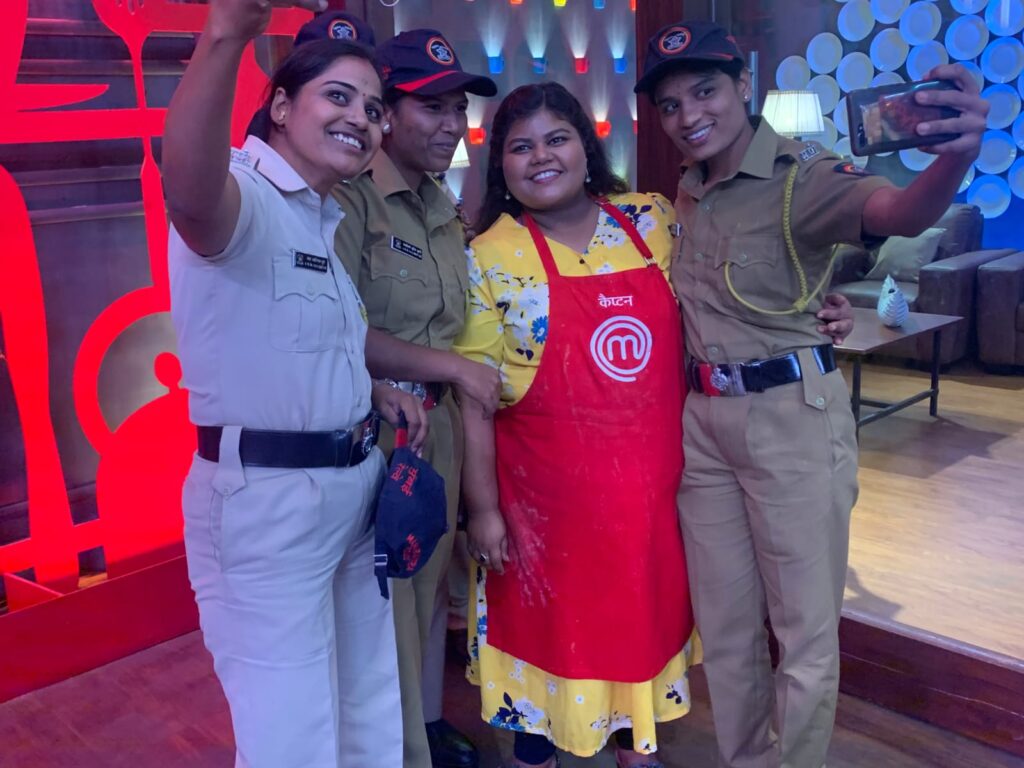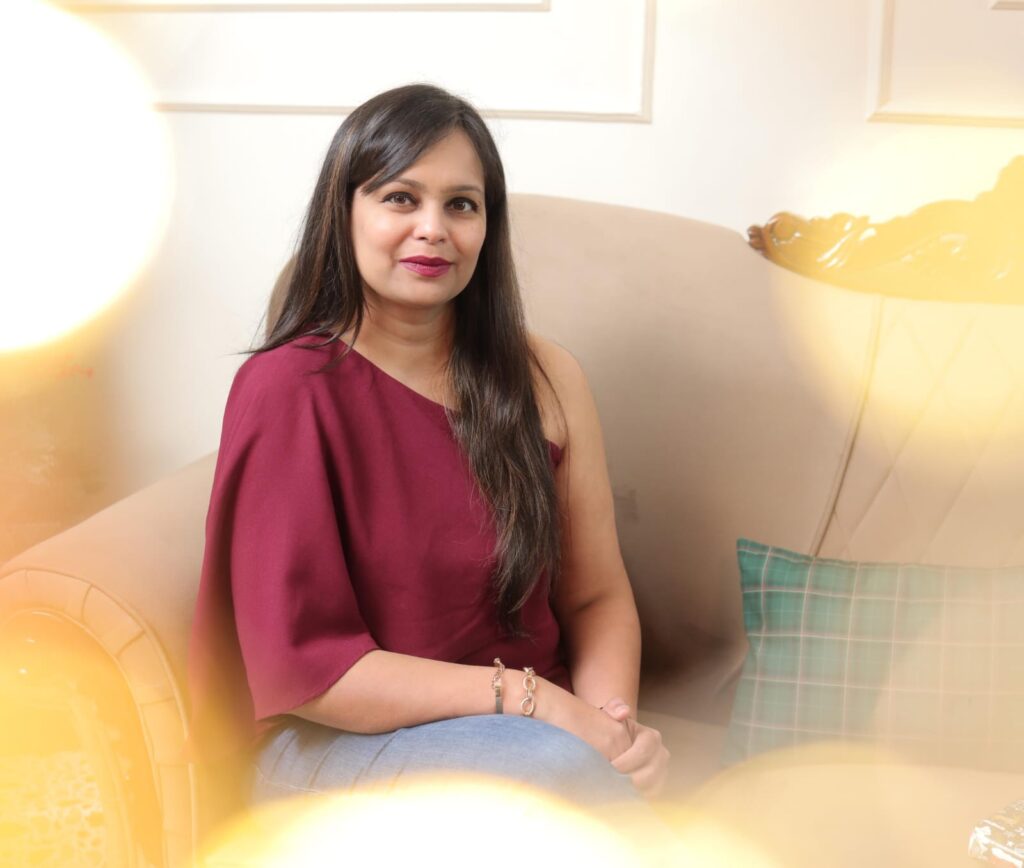Now Reading: Still Single at 30? Why It’s Treated Like a Problem in Indian Families
-
01
Still Single at 30? Why It’s Treated Like a Problem in Indian Families
Still Single at 30? Why It’s Treated Like a Problem in Indian Families

Turning 30 and still unmarried is often seen as a failure in many Indian households—especially in Tier 2 cities where timelines for life events are tightly scripted. Friends may be supportive, but relatives often aren’t. The questions become repetitive, the pressure builds silently, and personal choices are questioned more than respected. But where does this mindset come from, and why is it still so strong?
The Cultural Clock
In Indian society, marriage has long been seen as a milestone that validates adulthood. For women, the timeline is even tighter—early twenties are seen as ‘ideal’, and anything beyond is treated like a delay. Men, too, aren’t spared. If you’re unmarried at 30, people start assuming there must be a ‘reason’—commitment issues, failed relationships, or something wrong with you.
Family Pressure and Society’s Expectations
For most Tier 2 families, marriage isn’t just about two people—it’s about families coming together, social status, and fulfilling traditional roles. The idea that someone might choose to stay single—or simply hasn’t met the right person yet—is often dismissed. Matrimonial ads, biodata exchanges, and matchmaking apps become family projects. If you resist, you’re labelled “too picky” or “not serious about life.”
Career Over Companionship?
Many unmarried individuals are prioritising their careers, financial stability, and mental well-being. But this is rarely acknowledged. Instead, it’s often misunderstood as arrogance or selfishness. Especially for women, professional success is still expected to take a backseat once marriage enters the conversation. The assumption that everyone must settle down by 30 remains deeply embedded.
Changing Attitudes, But Slowly
Urban spaces and metros have started shifting the narrative—focusing more on compatibility, mutual respect, and timing rather than just age. But this shift is slower in smaller cities. Parents may understand on the surface, but neighbours, relatives, and extended family often continue to apply indirect pressure through taunts, comparisons, and emotional guilt.
Breaking the Silence
The taboo around being single at 30 exists because people don’t talk about it openly. The more individuals share their experiences, the more normal it becomes. Personal timelines shouldn’t be dictated by society’s expectations. Everyone deserves the right to live on their own terms, without having to explain their choices at every family gathering.
Conclusion
Being unmarried at 30 isn’t a flaw—it’s a choice, a phase, or simply the way life has unfolded. And that should be okay. Indian families need to move beyond deadlines and learn to trust their children’s instincts. Because peace of mind, not age, should be the real marker of ‘settling down’.

























